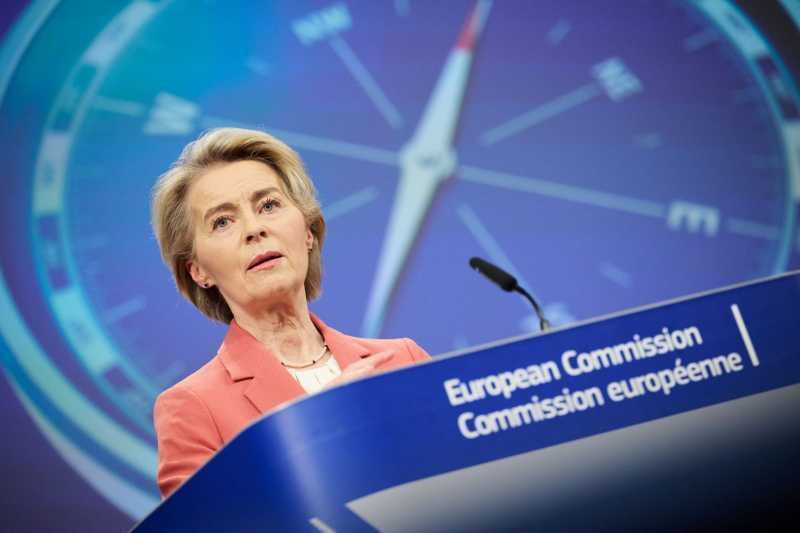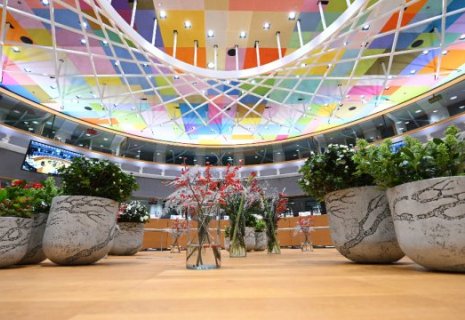
EU Unveils Strategy to Boost Competitiveness Amid Green Concerns
The European Union has introduced a new economic strategy aimed at reclaiming its global competitiveness through innovation, streamlined regulations, and support for clean industries. However, environmental advocates warn that the initiative could undermine the bloc's green commitments, CE Report quotes Agerpres
European Commission President Ursula von der Leyen presented the "Competitiveness Compass," a roadmap designed to reduce external dependencies and compete with economic powers like the U.S. and China. "Europe has everything it needs to succeed, but we must address our weaknesses to regain competitiveness," von der Leyen stated.
Key measures include slashing administrative burdens by up to 35% for businesses and 25% for small enterprises, potentially saving over €37 billion annually. The plan is based on reports by former Italian Prime Ministers Mario Draghi and Enrico Letta, with Draghi estimating that the EU needs to invest €750-800 billion annually to bridge economic gaps.
The strategy prioritizes three main areas: fostering innovation, advancing industrial decarbonization, and reducing strategic dependencies. Brussels aims to bolster European startups in critical sectors by easing access to capital and simplifying regulations. Additionally, an upcoming Clean Industrial Deal will support the transition to renewable energy and lower energy costs.
The initiative has sparked debate, with industry leaders emphasizing the need for reduced regulation to stimulate technological growth. Climate campaigners, however, stress the importance of maintaining strong environmental policies. Von der Leyen reassured that the EU remains committed to its Green Deal and climate neutrality by 2050.
As discussions continue, the Commission is expected to refine its proposals to balance economic growth with sustainability, ensuring Europe’s long-term prosperity in an increasingly competitive global market.
























